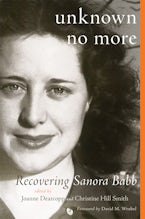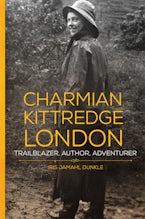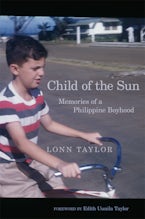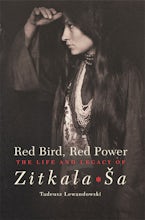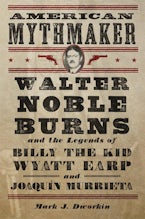Western fans today may not recognize the name Ernest Haycox (1899–1950), but they know his work. John Ford turned one of his stories into the iconic film Stagecoach, and the whole Western literary genre still follows conventions that Haycox deftly mastered and reshaped. In this new book about Haycox’s literary career, Richard W. Etulain tells the engrossing story of his rise through the ranks of popular magazine and serial fiction to become one of the Western’s most successful creators.
After graduating from the University of Oregon in 1923 with a degree in journalism, Haycox began his quest to break into New York’s pulp magazine scene, submitting dozens of stories before he began to make a living from his writing. By the end of the 1920s he had become a top writer for Western Story, Short Stories, and Adventure, among other popular weeklies and monthlies.
Ernest Haycox and the Western traces Haycox’s path from rank beginner, to crack pulp writer, to regular contributor to Collier’s and the Saturday Evening Post. Etulain shows how Haycox experimented with techniques to deepen and broaden his Westerns, creating more introspective protagonists (Hamlet heroes), introducing new types of heroines (the brunette vixen, the blonde Puritan), and weaving greater historical realism into his plots. After reaching the height of success with his best-selling Custer novel, Bugles in the Afternoon (1944), Haycox moved away from the financially rewarding but artistically constricting Western formula—only to achieve his final coup with The Earthbreakers, a historical novel about the end of the Oregon Trail, published posthumously in 1952.
Reconstructing the career of a popular literary giant, Ernest Haycox and the Western restores Haycox to his rightful place in the history of Western literature.




